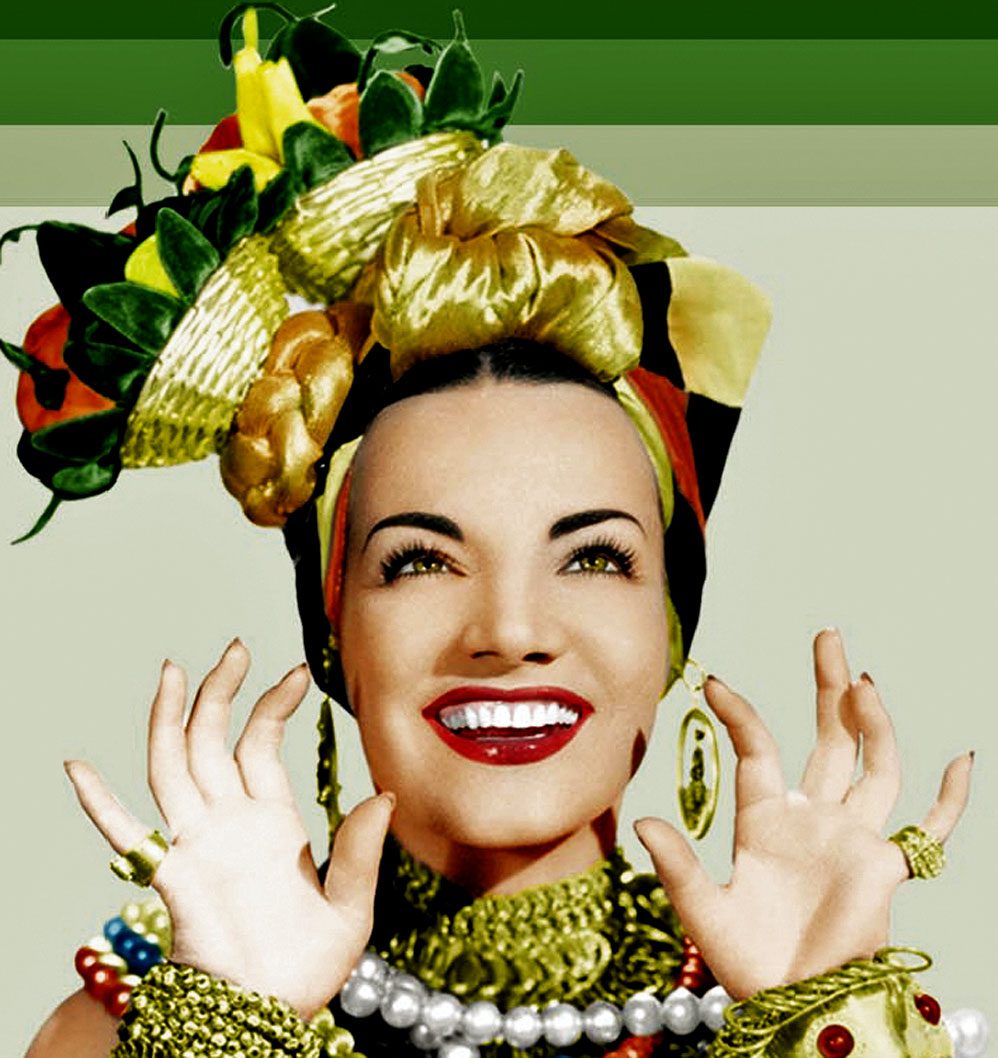Walker and Nicaragua’s Invasion

Interventionism of one country over another is the marker which defines the movie Walker (1985). And in this case, the United States over Nicaragua in the name of democracy. Democracy here plays an important part of extension of power. Power of a man, William Walker, an American mercenary who travels to Nicaragua with the only aim at inviting the country and later becoming the President of the same. Interesting enough, one thing I liked about the movie was the narrator’s voice. He gave an inside and offered another dimension of the story. And the narrator also glorifies the action of the movie by saying, for example, “brave men”.
The movie Walker alludes to Christopher Columbus and his ‘discovery’ of the new world once they land in Nicaragua. It also reminds me of the movie También la lluvia (2010). In both movies the use of military force of one ‘civilization’/people over the other in the name of God or with a righteous destiny, can be seen. In the case of Walker, they want to change society which they consider backwards, emphasizing hygiene, God, and science. In other worlds, an American moral compass promoted with the power of guns a military might. For this reason, the immoral among the American ranks get executed and the Conservatives in Nicaragua get killed in order to make way for the liberal Americans who will bring progress and commerce.
The creation of a Republic in Nicaragua is set to be one of the causes for the invasion. However, it is Walker who takes power by force and changes the rules of engagement. After Walker’s American soldiers take power, they make themselves Nicaraguan citizens, which in turns allows for the Americans and Walker himself to think they are contributing in making Nicaragua a more civilized nation. The Nation building process here is not legitimate, yet imposed by force, and it is something which at the end of the movie is set to be the destiny of this country. I saw this as a prophesy. The end of the movie mixes this futuristic prophetic destiny of invasion and by extension all Latin America, and William tells the people of Nicaragua that “America will be back, time and time again!” And in a sense this is true. The United States have invited Nicaragua, and other countries in Latin American, time and time again.
I found interesting that William promises the drum soldier guy that, “not harm will come to you”, and he later is the first who dies. I don’t think Walker really cares if his soldiers live or die, he only cares about power and becoming Nicaragua’s El Presidente. The role that Yrena plays here is interesting. She, Yrena is Criollo Spanish Nicaraguan woman who calls out Walker on his power desire by telling him in Spanish that all short men have the same complex, just like Napoleon did. A direct comparison between Napoleon and Walker can be made here. Both are short men, power hungry, and both invited countries and lost them. The issue of slavery is hint in the movie.
On the other hand, there is a black woman who points out that slavery will be instituted, and later in the movie, Walker talks about bringing blacks to Nicaragua to work in the fields. But not before there is a hint about using the indigenous people to work the fields instead of the black people, given their docile nature.
In my opinion, the best part of the movie is how many times Walker escapes death. It is like his fearless persona allows him to be daring and to escape unharmed.

